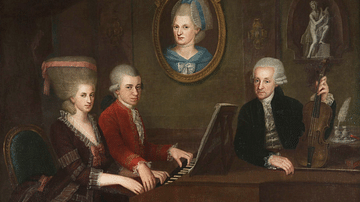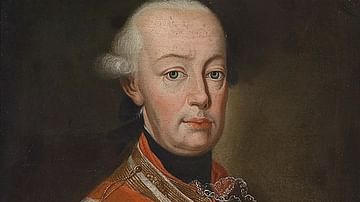Illustration
The Berlin Conference of 1884-1885, also known as the Congo Conference, was convened by European powers to regulate colonization and trade in Africa during the New Imperialism period. Led by German Chancellor Otto von Bismarck at the request of Leopold II of Belgium, the conference aimed to prevent conflict among European nations by establishing guidelines for African annexation. The General Act of Berlin formalized the Scramble for Africa, a period of rapid colonization driven by economic interests and national prestige, often disregarding indigenous cultures and boundaries.
Key trends included the arbitrary division of Africa, the exploitation of natural resources, and the imposition of European systems. The resulting partition significantly impacted Africa's political and social structures, undermining traditional governance, fostering economic dependency, and causing long-term developmental challenges that persist today.
About the Author
Cite This Work
APA Style
Netchev, S. (2024, July 21). The Scramble for Africa after the Berlin Conference, 1885. World History Encyclopedia. Retrieved from https://www.worldhistory.org/image/19247/the-scramble-for-africa-after-the-berlin-conferenc/
Chicago Style
Netchev, Simeon. "The Scramble for Africa after the Berlin Conference, 1885." World History Encyclopedia. Last modified July 21, 2024. https://www.worldhistory.org/image/19247/the-scramble-for-africa-after-the-berlin-conferenc/.
MLA Style
Netchev, Simeon. "The Scramble for Africa after the Berlin Conference, 1885." World History Encyclopedia. World History Encyclopedia, 21 Jul 2024, https://www.worldhistory.org/image/19247/the-scramble-for-africa-after-the-berlin-conferenc/. Web. 23 Apr 2025.








